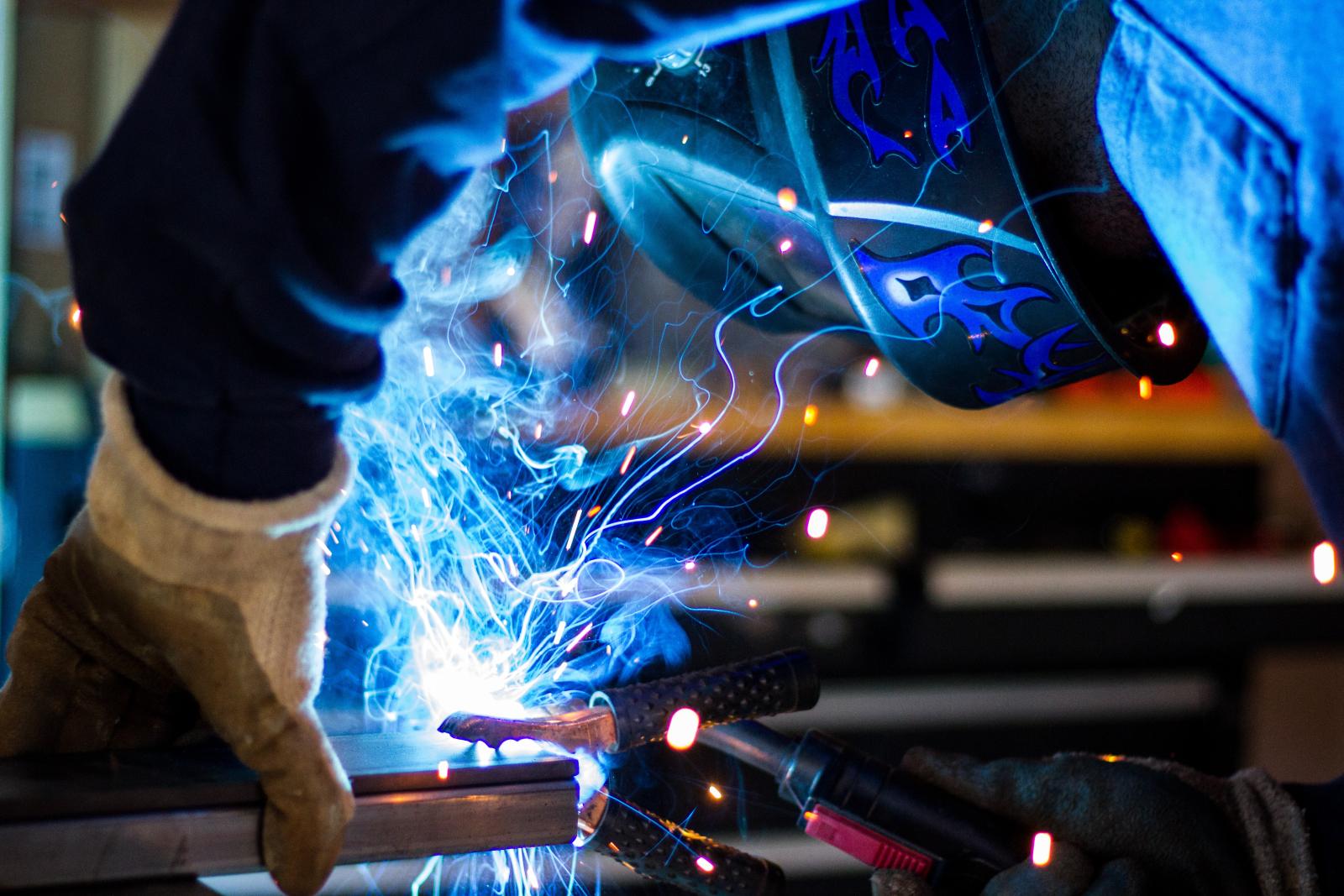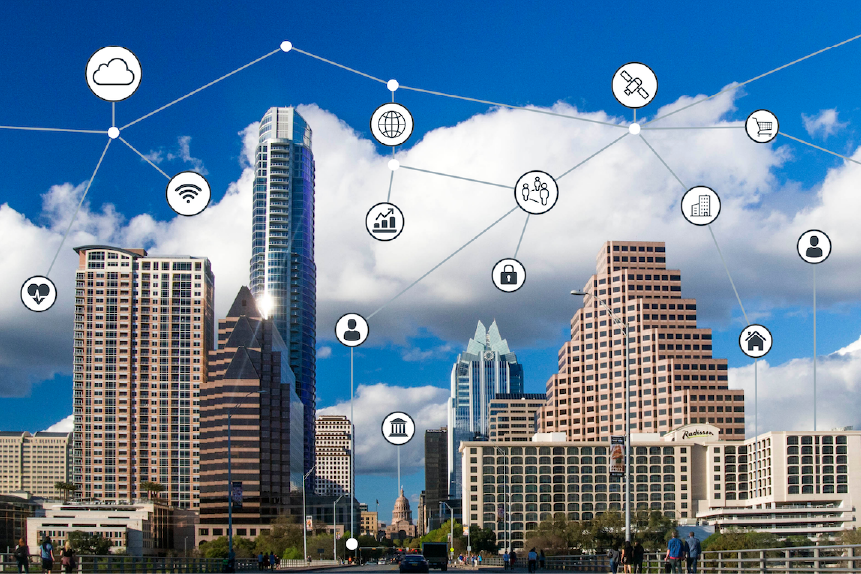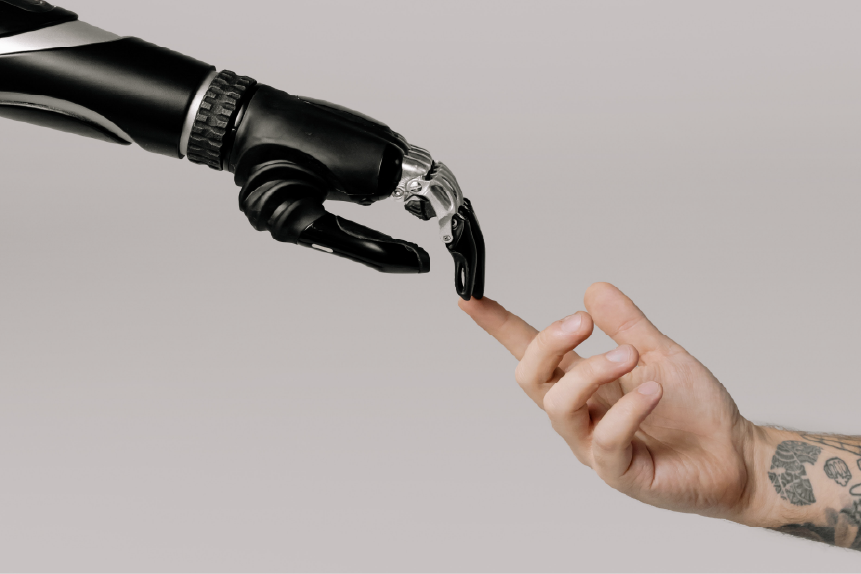

Defining, Evaluating, and Building Ethical Human + AI Systems
Good Systems researchers are focused on innovation in human-AI partnerships to address the needs and values of society. Our teams are interdisciplinary and designed to foster inclusion and support discovery. We act as a pool of knowledge and resources to enable frameworks, best practices, and methods that address ethical issues in the design and implementation of AI technologies.
Explore our six multi-year core research projects as well as insights from completed projects.
Core Research Projects
In 2021, we launched a set of six core research projects which explore critical areas within Ethical AI: fairness, surveillance and privacy, information integrity, smart cities, living and working with robots, and smart hand tools and the future of work.


Designing AI for Social Fairness
Investigates fairness in AI-based systems and seeks to design and implement solutions in the areas of public administration, transportation, and health.

Being Watched: Embedding Ethics in Public Cameras
Builds technical, legal, and social approaches to maximize the trusted use of camera-generated video data.

Smart Hand Tools: Building the Future of Work with Ethical AI
Designs smart hand tools that have embedded AI to empower workers to accomplish more while keeping their jobs secure.


Designing Responsible AI Technologies to Protect Information Integrity
Designs, builds, and tests innovative AI technologies to support journalists, professional fact-checkers, and information analysts.

A Good System for Smart Cities
Seeks to build AI systems that will link city datasets to improve the design, development, and management of smart cities, using the City of Austin as a model.

Living and Working with Robots
Overcoming the technical and social hurdles to deploying robots by building and studying them in the communities where they will be used.
Cross-Cutting Themes

In 2023, Good Systems established cross-cutting themes to build bridges across its six core research projects and launch new lines of inquiry in the field of ethical AI: alignment and safety; knowledge, generative AI and power; and work at the human-AI frontier.





